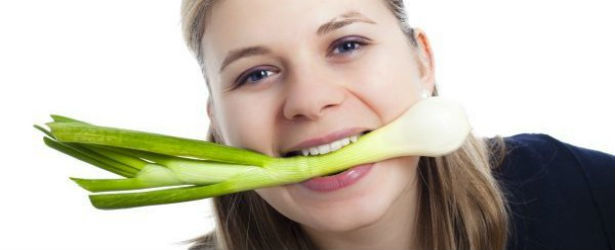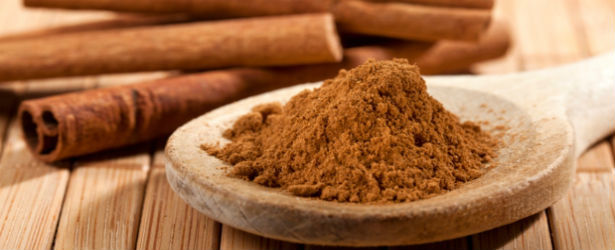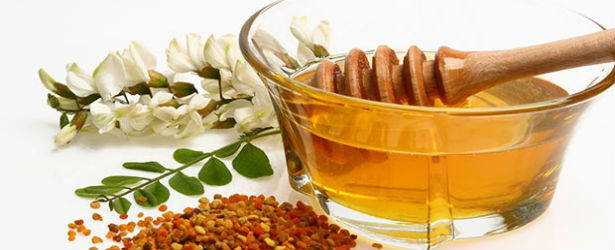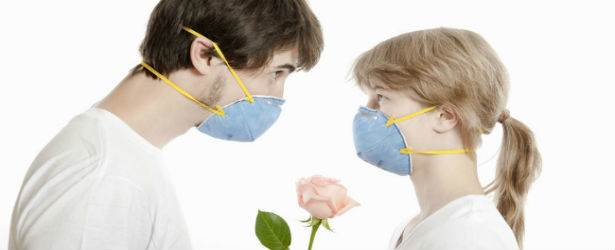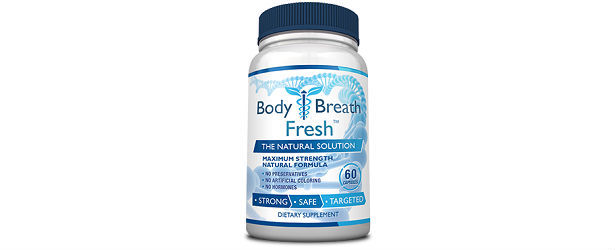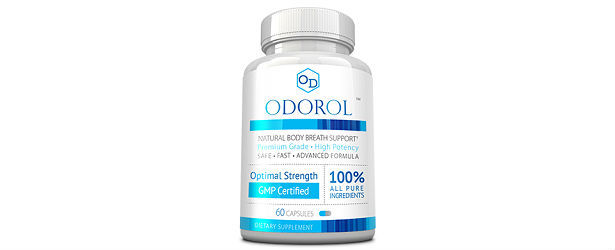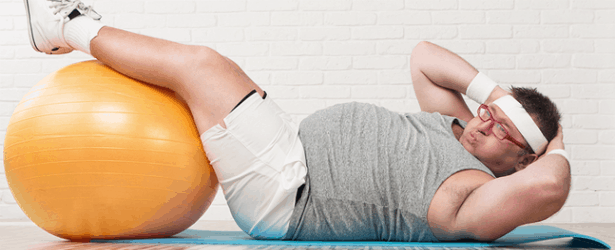
Treating an Overweight Person’s Body Odor
Overweight people are known for having sometimes severe problems with the unpleasant body odor that is caused by sweating. Sweating is highly necessary for the human body to remain healthy and hydrated but the liquid that comes in contact with the surface bacteria leads to the bad smell. The odor becomes an even bigger problem with overweight people due to the skin flaps they have that do not allow air to freely travel and thereby create a perfect breeding ground for bacteria.
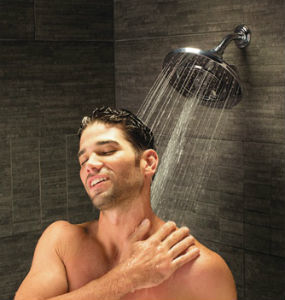 While body odor and sweat needs to be appropriately managed by absolutely everyone, it is even more difficult for an overweight person due to the areas that are not properly oxidized and kept constantly moist by the excessive sweating. The underarms as well as any other area where the skin folds together and encloses the specific part of the body are perfect for attracting bacteria. Hygiene and the use of appropriate products is crucial when it comes to reducing the excessive sweating and the amount of bacteria that forms in these areas.
While body odor and sweat needs to be appropriately managed by absolutely everyone, it is even more difficult for an overweight person due to the areas that are not properly oxidized and kept constantly moist by the excessive sweating. The underarms as well as any other area where the skin folds together and encloses the specific part of the body are perfect for attracting bacteria. Hygiene and the use of appropriate products is crucial when it comes to reducing the excessive sweating and the amount of bacteria that forms in these areas.
Prevention
The bad odor can be prevented for a limited time at least by following certain basic hygiene norms. Showering or bathing at least twice a day is recommended and using a soap or shower gel that has anti-bacterial properties is crucial. The sweat can be washed and the bacteria thoroughly eliminated just by showering and changing clothes as frequently as necessary.
After a shower it is highly advisable to use any kind of deodorizer that would reduce the numbers of bacteria and create a wall between them and the sweat that would normally come in contact with the bacteria and cause the foul odor. This deodorizer should be applied mainly on the armpits but depending on the area where sweat appears more frequently, it can be used on the back of the knees, on thighs or under the breasts. Bacteria needs to be reduced everywhere as it is half of the problem.
The next step would be using an antiperspirant that would significantly reduce sweating where it is applied. This type of product would stop the sweating, even if temporarily, therefore reduce the odor that is generated by the combination of sweat and bacteria. The antiperspirant would be most effective with the deodorant as both parts of the problem would be treated, meaning sweat will be blocked and bacteria will be effectively reduced.
Allow the Skin to Breathe
Most people do not consider that the type of clothing will have a direct impact on the amount of sweating and number of bacteria that forms on the skin. In order to reduce excessive sweating and to make it harder for bacteria to thrive, the skin needs to be breathe. For that to happen, the person needs to wear clothes that are crafted from 100% natural fibers such as cotton.
Conclusion
Simply using a deodorant, a perfume or showering is not enough to combat body odor, especially for overweight people. It is recommended to use every single weapon against both bacteria and sweat in order to eliminate them or at the very least significantly reduce them. Shower, use deodorants as well as antiperspirants and make sure to wear clothes made out of natural fibers.
TOP 5
BODY ODORTreatments |
|||||
| Body & Breath Fresh | Progressive Health Clorial | Body Mint | Native Remedies HaliTonic | Hyperbiotics Pro-Dental | |
|---|---|---|---|---|---|
| 1 | 2 | 3 | 4 | 5 | |
| Price (1 bottle) Price (6 bottles) Best Value |
$23.30 $139.80 |
$33.30 $199.80 |
$19.95 $119.70 |
$39.95 $239.70 |
$70.00 $420.00 |
| Overall Rating | 99.80% | 89.90% | 75.90% | 74.70% | 67.80% |
| Effectiveness |





|





|





|





|





|
| Speed of Results | Extremely Fast | Good | Average | Average | Slow |
| Quality of Ingredients | Premium | Good | Average | Average | Average |
| Customer Satisfaction Evaluation | 99% | 85.30% | 76% | 74.10% | 65.30% |
| Safety Evaluation | Safe for Use | Safe for Use | Safe for Use | Safe for Use | Safe for Use |
| Customer Service Rating |





|





|





|





|





|
| Reorder Rate | Highest | Good | Good | Average | Low |
| Return Policy | Risk Free | 180 days | 30 days | 365 days | Not available |
| Success Rate | 99.40% | 85% | 75.30% | 74% | 65.10% |

 Subscribe Now
Subscribe Now





